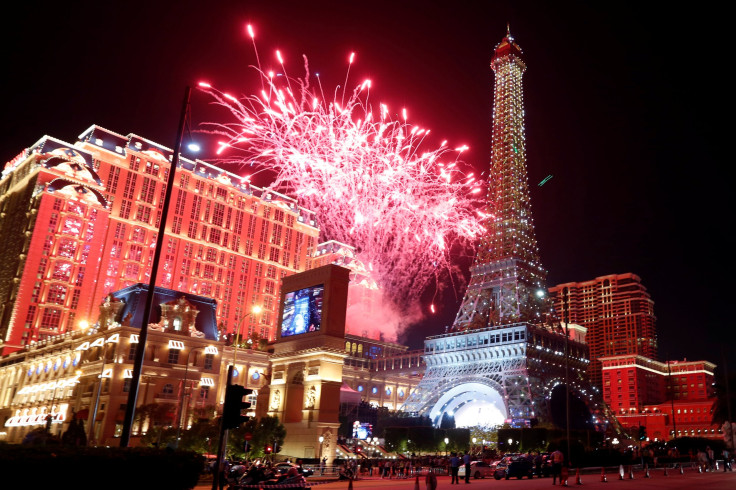Casino Bill: Japanese Parliament Poised To Approve Gambling Bill; Sites In Yokohama, Osaka, Greater Tokyo Touted

Japan is poised to become one of Asia’s biggest gambling hubs as lawmakers were poised Wednesday to approve legislation legalizing casino gaming.
The Diet was expected to consider a revised casino bill that could mean as much as $40 billion in annual revenue, an Osaka University of Commerce study indicated in 2009. Since then, however, casinos have opened across Asia and Russian border areas. A drop in Chinese gross domestic product also may cut the number of Chinese tourists Japanese casino proponents are hoping to attract.
The bill was advanced by a House of Councillors committee Tuesday and was expected to go before the full chamber Wednesday. The House of Representatives already has cleared the measure.
The bill has the backing of Prime Minister Shinzo Abe’s government as a way to increase tourism to help the flagging economy.
The prospect sent gaming shares higher in equity trading Tuesday. Sites in Yokohama, Osaka and greater Tokyo are being touted as possible venues for as many as four casinos.
The proposal was first submitted in 2013 and again last year. It calls for large-scale projects that combine casinos with hotels, shopping and conference facilities. If passed, regulators would then begin developing plans on licensing the industry.
The opposition Democratic Party was expected to try to delay passage amid concerns over gambling addiction, which currently afflicts 5 percent of the population, and money laundering. Gambling on horse, boat and bicycle racing, and the pinball-like game Pachinko already is legal.
“How could this possibly be a growth industry?” the head of the opposition Democratic Party, known only as Renho, asked. “I think it will debase Japan’s national dignity.”
A survey by broadcaster NHK indicated 12 percent of Japanese favor lifting the casino ban, 44 percent oppose it and the rest remain undecided.
"We continue to believe Japan represents a long-term value creation opportunity for those operators fortunate enough to operate integrated resorts within the market," Stifel analyst Steven Wieczynski said in a research note Tuesday. "However, we sense it could take a number of years until a shovel is put in the ground and the selected operators begin generating cash flow on what is expected to be rather sizable capital investments."
Casinos are not expected to be operational in time for the 2020 Tokyo Olympics.
Jim Murren, CEO of MGM Resorts, told CNBC Japanese gaming has the potential to dwarf Singapore.
© Copyright IBTimes 2024. All rights reserved.






















